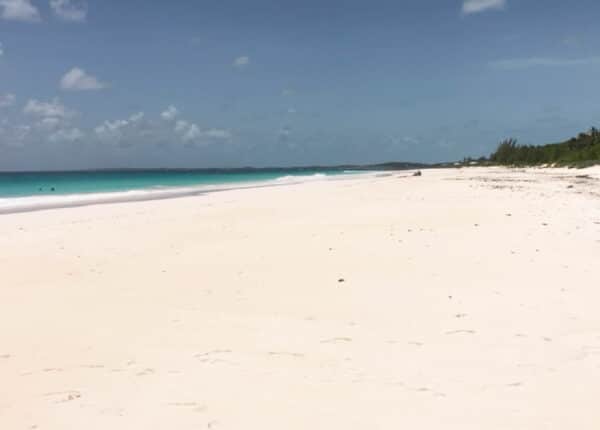S&P Lowers Grenada Foreign Currency Ratings After Missed Bond Payment
Above: Grenada (CJ Photo)
By the Caribbean Journal staff
Standard & Poor’s has lowered its foreign currency sovereign credit ratings on Grenada following a missed bond payment, the ratings firm announced Monday.
S&P has lowered its foreign currency sovereign credit ratings to “SD,” or selective default, from “B-/B,” while also lowering its local currency sovereign credit ratings to “CCC+/C” from “B-/B.” Its outlook on Grenada’s long-term local currency ratings is negative.
“The downgrade to “SD” follows the government’s failure to pay the coupon due Sept. 15, 2012 on its $193 million bond due in 2025,” said Richard Francis, a credit analyst at Standard & Poor’s.
In Grenada’s statement to bondholders on Sept. 12, Grenada stated its intention to use its “best efforts” to pay the coupon within a 30–day grace period.
“According to our criteria, we consider an obligation in default unless payment is made within five business days of the due date, regardless of any grace period,” Francis said.
The firm said Grenada’s difficulty in servicing its US dollar debt, along with paying public-sector wages, could portend servicing risks to its Eastern Caribbean dollar-denominated bond, as well as Eastern Caribbean-denominated treasury bills, the firm said.
“Although the government restructured its foreign currency debt after Hurricane Ivan destroyed much of the island in 2004, the debt burden remained high and has continued to grow,” Francis said.
Before the default, S&P had projected real GDP per capita growth in the country at just over 1 percent in 2013, with net government debt at 80 percent of GDP by the end of this year.
“Once the government cures its foreign currency debt default, we will assign forward-looking foreign currency ratings,” Francis said. “We will comment on the likely foreign currency ratings as the government’s liquidity situation and future debt payment plans become clear.”
Whether Grenada’s local currency rating is lowered or raised will depend on the government’s liquidity pressures over the coming months.







